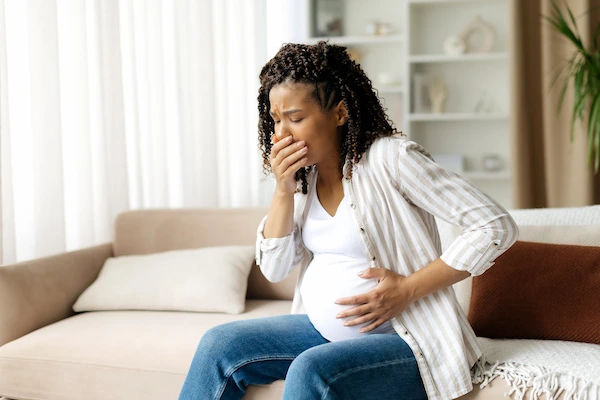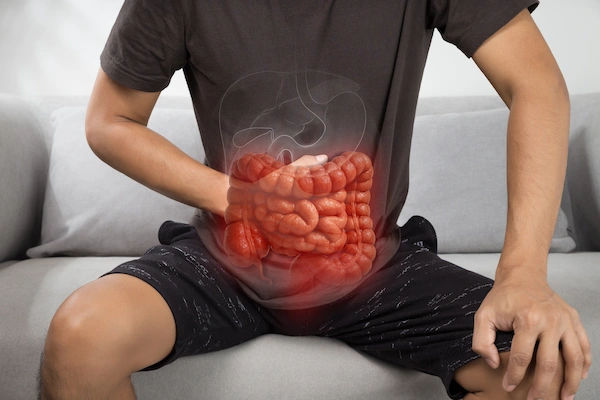- female
- 50 Years
- 22/01/2025
My mom's been having a really tough time for the past week with constant throat pain and vomiting. It all started with just a sore throat, and now she cant keep any food down at allit just comes back up. I'm really worried about her not being able to digest anything. What could be causing this, and what should we do?
More Gastroenterology/GI medicine Health Queries
View allI'm a 21-year-old guy with a sliding hiatal hernia, and my doctor said surgery isn't needed right now. I really want to start going to the gym but I'm worried about making my condition worse. Can I still do workouts or should I avoid certain exercises? Feeling pretty down about this and need some guidance.
For sliding hiatal hernia, you can still work out, but avoid exercises that strain the abdomen, such as heavy lifting or intense core workouts. Focus on low-impact activities, and discuss with your doctor for a safe exercise plan.
Answered by 1 Apollo Doctors
I've been dealing with this gas trouble in my chest for a while now, and it just doesn't seem to go away. Every time I breathe in, I feel this pain. What should I do about it?
It sounds like you may be experiencing symptoms of gas trouble causing chest pain. I recommend taking an antacid medication such as Tums (calcium carbonate) 500mg tablets. You can take 2 tablets as needed for relief of gas and chest pain. Additionally, simethicone-based medications like Gas-X can also help relieve gas symptoms. Make sure to avoid foods that can worsen gas such as beans, cabbage, and carbonated drinks. If the symptoms persist, consult with a doctor for further evaluation.
Answered by 1 Apollo Doctors
I've been having some issues for about a month now with not being able to completely pass my stools. Even when I try hard, it feels like my bowels aren't getting fully emptied, and I'm constantly feeling tired and sleepy. There's also this pain that's been persistent in my legs, right side of my stomach, and back area. I've noticed I'm coughing more often than usual too. Sometimes my lips feel a little burnt, and I keep getting this odd taste in my mouth. I often feel the urge to have a bowel movement, but when I get to the bathroom, the feeling just slows down. I can't seem to pass gas completely either, and it's like I can feel the gas moving around in my stomach. What could be causing all this?
-It sounds like you're dealing with constipation, fatigue, and digestive issues, possibly related to a blockage or slow digestion. The pain in your legs, stomach, and back, along with increased coughing and discomfort with gas, could be signs of digestive
Answered by 1 Apollo Doctors
Disclaimer: Answers on Apollo 247 are not intended to replace your doctor advice. Always seek help of a professional doctor in case of an medical emergency or ailment.





